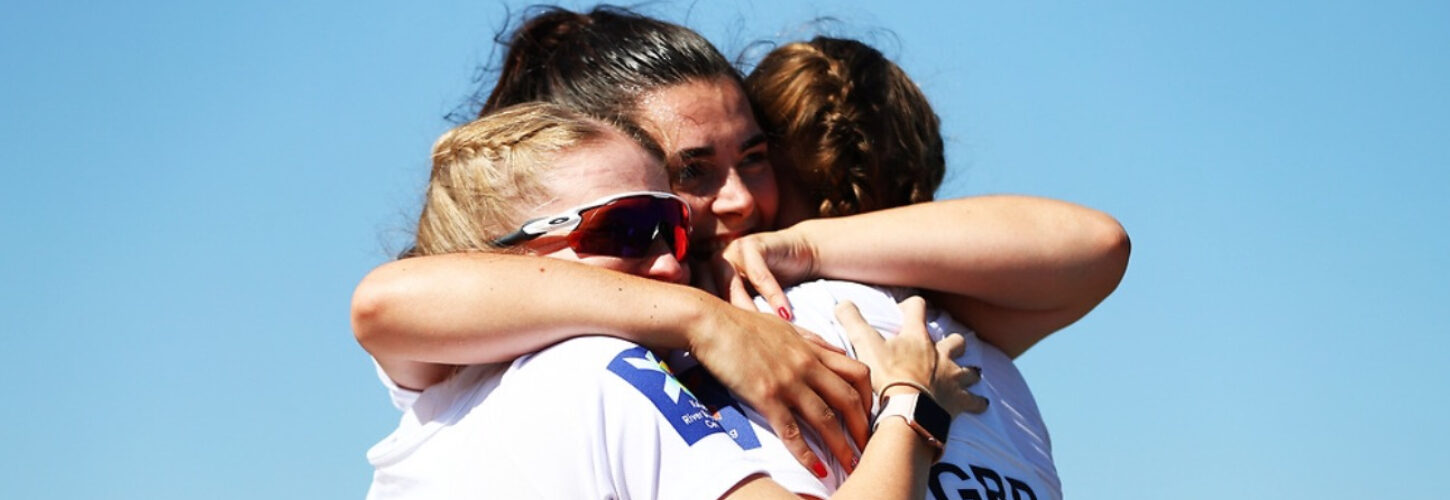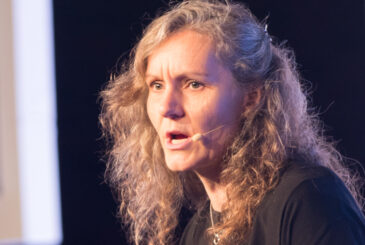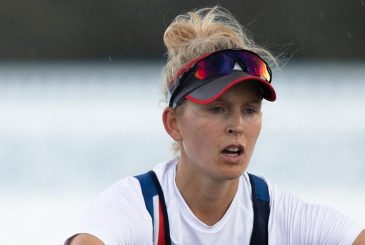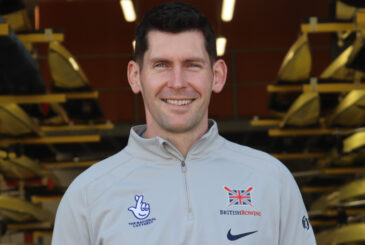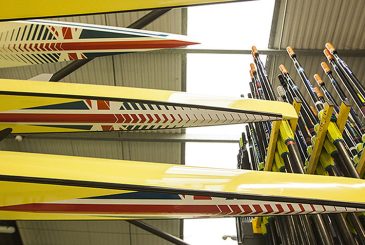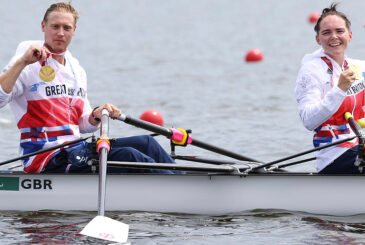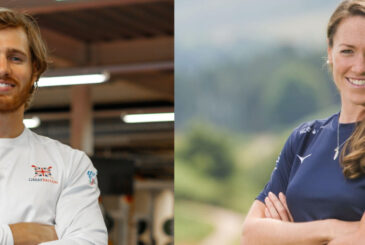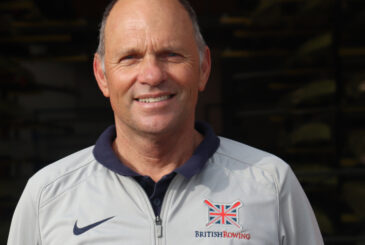GB Para rower Ellen Buttrick shares her thoughts and insights on women in sport and reflects on International Women’s Day
Longer days, hopefully warmer temperatures and a potential end in sight to lockdown restrictions – March is set to be an uplifting month and it kicked off with International Women’s Day on Monday the 8th. A particularly special day for me as it coincided with my birthday!
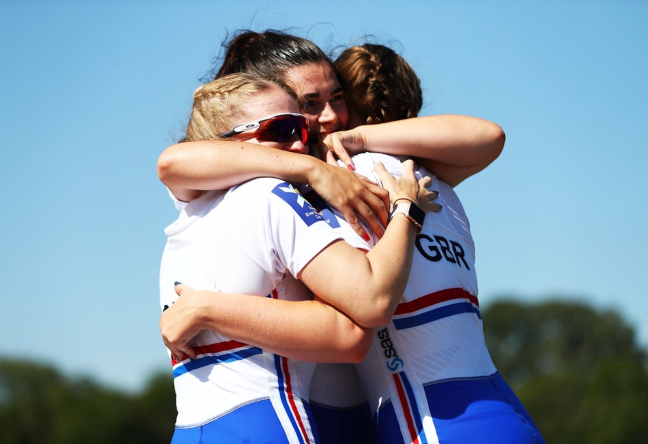
At Caversham this month, we are preparing for our first international race of the season, the European Rowing Championships in Italy.
Personally, I am celebrating the end of winter training and embracing the chance to start working on our speed work in the Para mixed coxed four. It’s been a successful training block for me, I entered the winter rehabbing from injury, with no lower body weights, water training or ergos longer than 10 minutes in my programme and I’m leaving it with PBs across the board in the gym and on the ergo.
I am pleased with my progress, but now it’s time to focus on combining these months of hard work on land and transferring it back into speed on the water – something that I am sure you are looking forward to when the boathouses reopen later this month.
“My eyes were opened to the extent of gender inequality in sport, a concept that I had never felt impacted by in my rowing career”
I am very fortunate in my life and career to have been surrounded by inspirational, independent and compassionate women who have empowered me to dream big, work hard and reach my potential. Every year on International Women’s Day I enjoy reflecting on the brilliant women that I am surrounded by, how they empower me and how I can empower others too. Through this month’s blog I wanted to focus on women in sport.
In 2020, I was part of the Women’s Sport Trust Unlocked programme. Forty-one athletes from across British sport were matched with sport industry leaders with the ambition of collaborating to unlock the potential of women’s sport.
During the programme my eyes were opened to the extent of gender inequality in sport, a concept that I personally had never felt impacted by in my rowing career. Listening to athletes’ stories from other sports, I felt grateful to be a rower and for the unique position that I have racing in one of two mixed gender boat classes in the GB Rowing Team.
With women’s sporting success on the rise and parity on the Olympic stage for rowing at Tokyo, it’s been disappointing to see that women’s sport, especially at the elite level, has suffered in the last year due to a multitude of factors including disparity in commercial success between men’s and women’s sport.
Positively, the UK Government has acknowledged the challenges facing women’s sport, as a result of the pandemic, and recently released additional funding towards rectifying the damage, so I remain hopeful for the future. I believe that we can build on the pre-pandemic momentum and continue to grow women’s sport especially in the run-up to Tokyo 2021 in the summer.
“One of the critical areas of focus which I wanted to share was improving grassroots engagement”
At grassroots level, a Sport England study found that although the gender gap in activity levels was still an issue before the pandemic hit, many women (who, stereotypically, enjoy social group-based activity) adjusted well to training at home thanks to a transition from gym to virtual classes whilst men (who are considered more likely to take part in team and racket sports) had a greater drop in activity levels. Post-lockdown though, these differences in male and female activity habits meant that women were less able to return to pre-pandemic training routines, as a result of Coronavirus restrictions.
The Women’s Sport Trust (which I am connected to through the Unlocked programme) recently published The Ambition Project and it recommends ways in which each individual in sport can contribute to this growth. One of the critical areas of focus which I wanted to share was improving grassroots engagement.
For rowing, this means engaging more female athletes in activities at your local rowing club and two suggestions for how we, as a community, can start doing just this were given.
The first, to ‘Develop a better understanding of the systemic challenges/barriers’ and the second, to ‘Improve school sports/curriculum’. It’s good to see that British Rowing are already actively working on both of these items and there are tangible ways that you can contribute towards their development too.
This month I am inviting you to please take these two steps:
- Make sure that you have completed British Rowing’s Diversity and Inclusion survey
British Rowing launched an extensive D&I survey last month and are calling on all members of the rowing community to contribute. The findings of this survey will contribute towards improving accessibility to our sport for all underrepresented communities and this includes women and girls.
- Find out more about Love Rowing and perhaps sign up to their newsletter to stay up to date on upcoming events and projects.
Schools are one of the three major programmes being supported by Love Rowing, British Rowing’s Charitable Foundation. By connecting with Love Rowing you will be the first to know about the exciting projects that will be launching and will find out about how you can help their work too.
As a rowing community, I hope that today we can build the foundations for more women and girls to enjoy our sport. Thank you for reading.
Photo: Naomi Baker


